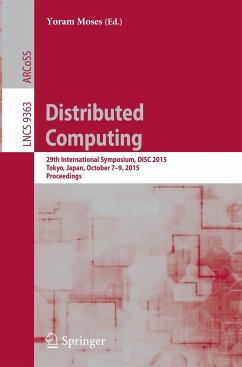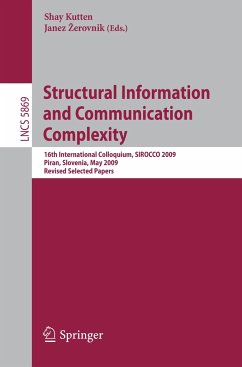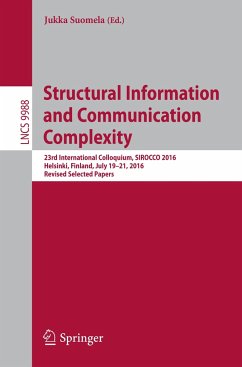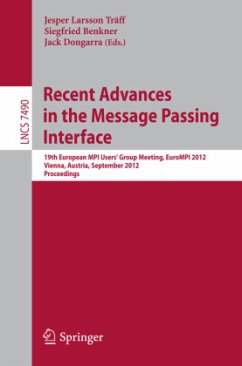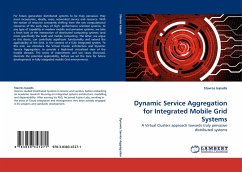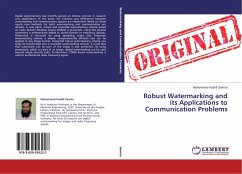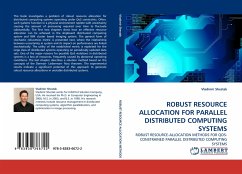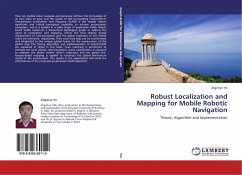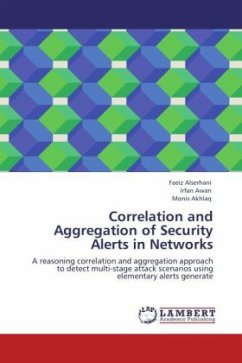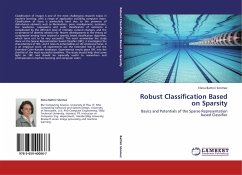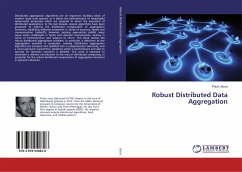
Robust Distributed Data Aggregation
Versandkostenfrei!
Versandfertig in 6-10 Tagen
37,99 €
inkl. MwSt.

PAYBACK Punkte
19 °P sammeln!
Distributed aggregation algorithms are an important building block of modern large scale systems, as it allows the determination of meaningful system-wide properties which are required to direct the execution of distributed applications. In the last decade, several algorithms have been proposed to address the distributed computation of aggregation functions, exhibiting different properties in terms of accuracy, speed and communication tradeoffs. However, existing approaches exhibit many issues when challenged in faulty and dynamic environments, lacking in terms of fault-tolerance and support t...
Distributed aggregation algorithms are an important building block of modern large scale systems, as it allows the determination of meaningful system-wide properties which are required to direct the execution of distributed applications. In the last decade, several algorithms have been proposed to address the distributed computation of aggregation functions, exhibiting different properties in terms of accuracy, speed and communication tradeoffs. However, existing approaches exhibit many issues when challenged in faulty and dynamic environments, lacking in terms of fault-tolerance and support to churn. This book studies the robust distributed aggregation problem. In particular, a definition of the aggregation problem is proposed, existing distributed aggregation algorithm are surveyed and classified into a comprehensive taxonomy, and a novel approach named Flow Updating which is fault-tolerant and able to operate on dynamics networks is detailed. This work is expected to constitute a relevant contribution to the area of distributed computing, in particular for the robust distributed computation of aggregation functions in dynamic networks.



